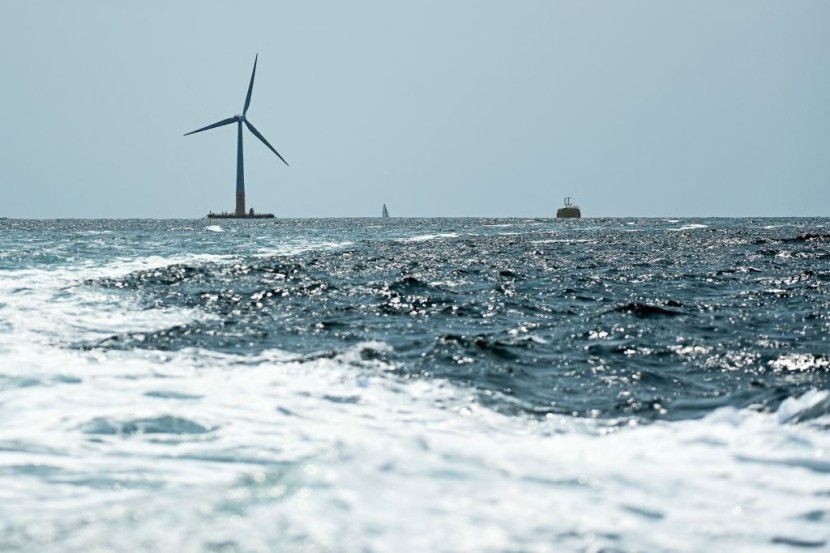
The Biden administration has chosen clean-energy projects in seven states, ranging from Pennsylvania to California, as part of a $7 billion effort to jump-start the development and manufacturing of hydrogen fuel, a crucial element of President Joe Biden's plan to reduce global warming.
His objective is to construct seven regional "hydrogen hubs" to aid in the transition away from dirty-burning fossil fuels like coal and oil to hydrogen as a source of energy for transportation, industrial, and electricity generation.
On Friday, when he travels to Philadelphia for an economic-themed event, Biden is anticipated to make the official announcement, according to CBS News.
Clean hydrogen is "essential to achieving the president's vision of a strong clean energy economy" and net-zero greenhouse gas emissions in the United States by 2050, according to the White House.
By 2050, according to the International Hydrogen Council, hydrogen could meet 18 percent of the world's energy needs.
According to the White House, the seven hubs chosen by the government would lead to more than $40 billion in private investment and the creation of tens of thousands of well-paying employment, including many high-paying union jobs.
The Locations of the Project
For the program to develop hydrogen fuel, there were 23 finalists. California, Washington, Minnesota, Texas, Pennsylvania, West Virginia, and Illinois are the locations of the projects that were chosen.
The infrastructure package that Vice President Biden signed in 2021 includes billions of dollars for the development of so-called clean hydrogen, a technology that has long been advocated by business and clean energy advocates as a solution to lower the greenhouse gas emissions from fossil fuels that cause global warming.
Since it usually uses natural gas or other fossil fuels as feedstocks, some environmentalists refer to hydrogen as a fake solution.
If the projects capture the carbon dioxide created and keep it out of the environment, a technology that has not yet been produced at a commercial scale, fossil fuels can serve as feedstocks, according to energy companies.
Read also: Europe May Be Increasing Crackdown on Climate Rallies, Human Rights Advocates Warn
The Push for Hydrogen
In the new Energy Department program that will establish regional networks of hydrogen producers, consumers, and infrastructure, states and businesses have been vying for federal funding. The goal is to hasten the usage and distribution of the colorless, odorless gas that already powers some cars and trains.
The West Virginia-based Appalachian Regional Clean Hydrogen Hub and the Philadelphia-based Mid-Atlantic Clean Hydrogen Hub were among those chosen. Both projects stand to boost Pennsylvania, a crucial battleground state for the Democratic presidential candidate in the upcoming election.
Philadelphia has become a go-to location for Mr. Biden's official and campaign activities, and major Biden supporters are partners in the proposed hub in the Philadelphia region.
Major Pittsburgh-based natural gas corporations with operations in the region's abundant Marcellus Shale reservoir, including the parent company of the company in charge of the contentious Mountain Valley Pipeline in West Virginia and Virginia, are among those with a center in West Virginia.
Sen. Joe Manchin, a Democrat from West Virginia, who was a critical vote for the comprehensive package that included significant spending in climate initiatives last year, supports the $6.6 billion project to carry natural gas through Appalachia.
According to the pipeline's detractors, the 303-mile route would cause forest land to erode and generate climate pollution comparable to 23 coal-fired power units.
The hub also includes a $1.6 billion facility that is being built in northern Pennsylvania to create hydrogen from natural gas with almost no emissions.
Related article: Oil Companies Granted Licenses to Store Carbon Under the North Sea, Despite Climate Pledges








